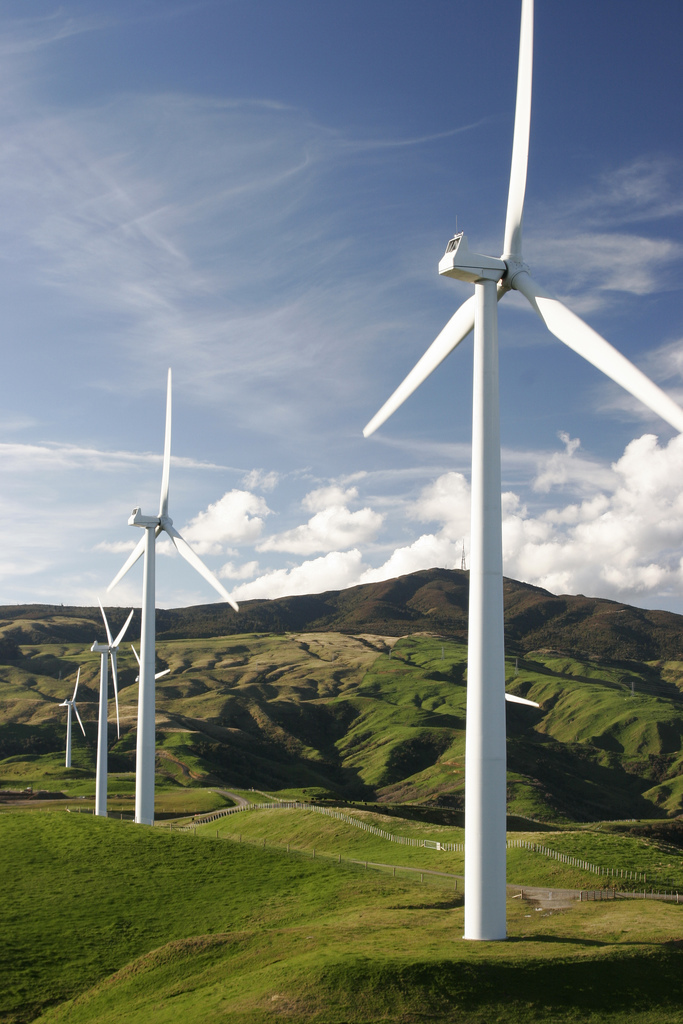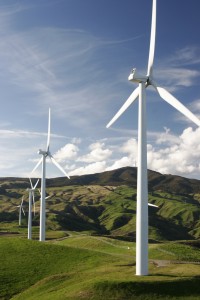The Future of Energy

 The 7th Annual MIT Energy Conference held March 16-17 in Boston, MA, was an all-around inspiring event filled with conversations of hot topic scientific research and intense policy discussion. It was impressive, considering this event is entirely planned and executed by the student body, with well over 500 in attendance. From the scientific prowess of the professors working on new energy technologies, the caliber of executives leading the charge on the corporate front, to the undergraduate and graduate students pursuing their dreams to engineer a better tomorrow for society, we are indeed poised to see a radical transformation in both the technology and the policies of the energy sector.
The 7th Annual MIT Energy Conference held March 16-17 in Boston, MA, was an all-around inspiring event filled with conversations of hot topic scientific research and intense policy discussion. It was impressive, considering this event is entirely planned and executed by the student body, with well over 500 in attendance. From the scientific prowess of the professors working on new energy technologies, the caliber of executives leading the charge on the corporate front, to the undergraduate and graduate students pursuing their dreams to engineer a better tomorrow for society, we are indeed poised to see a radical transformation in both the technology and the policies of the energy sector.
‘Insight and Innovation in Uncertain Times’ could not have been a more appropriately named theme for the conference. The whole MIT community understands and embraces the challenges that lie ahead. And they are committed to finding solutions that include sustainable and renewable energy. The realization that we must commit to being better environmental stewards moving forward was a message that resonated throughout the panel discussions. It was enlightening to hear many of the large corporations such as BP, GE and Shell, understand the need to reduce their carbon footprint, lower their GHG emissions, and develop clean technology to power a changing world.
Biofuels, LNG, CNG, shale gas, nuclear, wind, solar, hydro – all these energy sources were highlighted throughout the day in conversations and presentations. Because it’s not just going to be one type of energy that we rely on for power; it’s going to be a combination of several, an energy portfolio that keeps the lights on and the cars rolling down the highway. And it may be different from one municipality, or a state, to another. Community planners have a big role to play in terms of energy. Many expressed the need for their seat at the table of discussion on global warming at the conference. It appears communities are starting to grasp that we must connect these three pillars – the social, economic and environmental. It is this type of holistic thinking and long-term planning, that will put not only the United States, but other countries who adopt these approaches, on the path to a secure, clean, energy future.
An energy policy is difficult to implement anywhere; to be sure, this is no small feat. But unless countries attempt to craft a decision-making framework for implementing an energy policy, progress will continue to be haltered. For the past 30 years, the US has not had a sound energy plan. Sure, the Energy Policy Acts of 1992 and 2005 were notable. But the time is ripe with the myriad of technologies we now possess to start implementing a comprehensive plan. The very nature of public policy is incremental and iterative; define the problem, identify criteria, list alternatives, analyze, evaluate, implement. If something doesn’t check out, repeat process. Mistakes will be made; it is the ability to think fast and correct those mistakes that we will learn and find the solutions needed to drive us forward. By 2050, the global population will be 9 billion. Think about that. We will have to figure out how to move that extraordinary number of people and the goods they require, safely and responsibly. Can we pull it off while being environmentally conscious at the same time? We really have no other option.
I believe that option will be met courtesy of universities such as MIT, along with corporations and policymakers partnering in innovative ways. I would also be remiss if I didn’t add it was refreshing to see so many women at the event, from students, to researchers, to corporate executives. The energy frontier is open for women to conquer, from the lab bench to the boardroom. From scientists, to policymakers, to venture capitalists, women can carve their niche in the sustainable energy field. You’ve heard the saying, “the future of tomorrow begins with today.” Well, if the MIT Energy Conference was any indication, the future of the world’s energy shines brightly, for humanity, powered by a solar fuel cell, no doubt.
 Follow
Follow